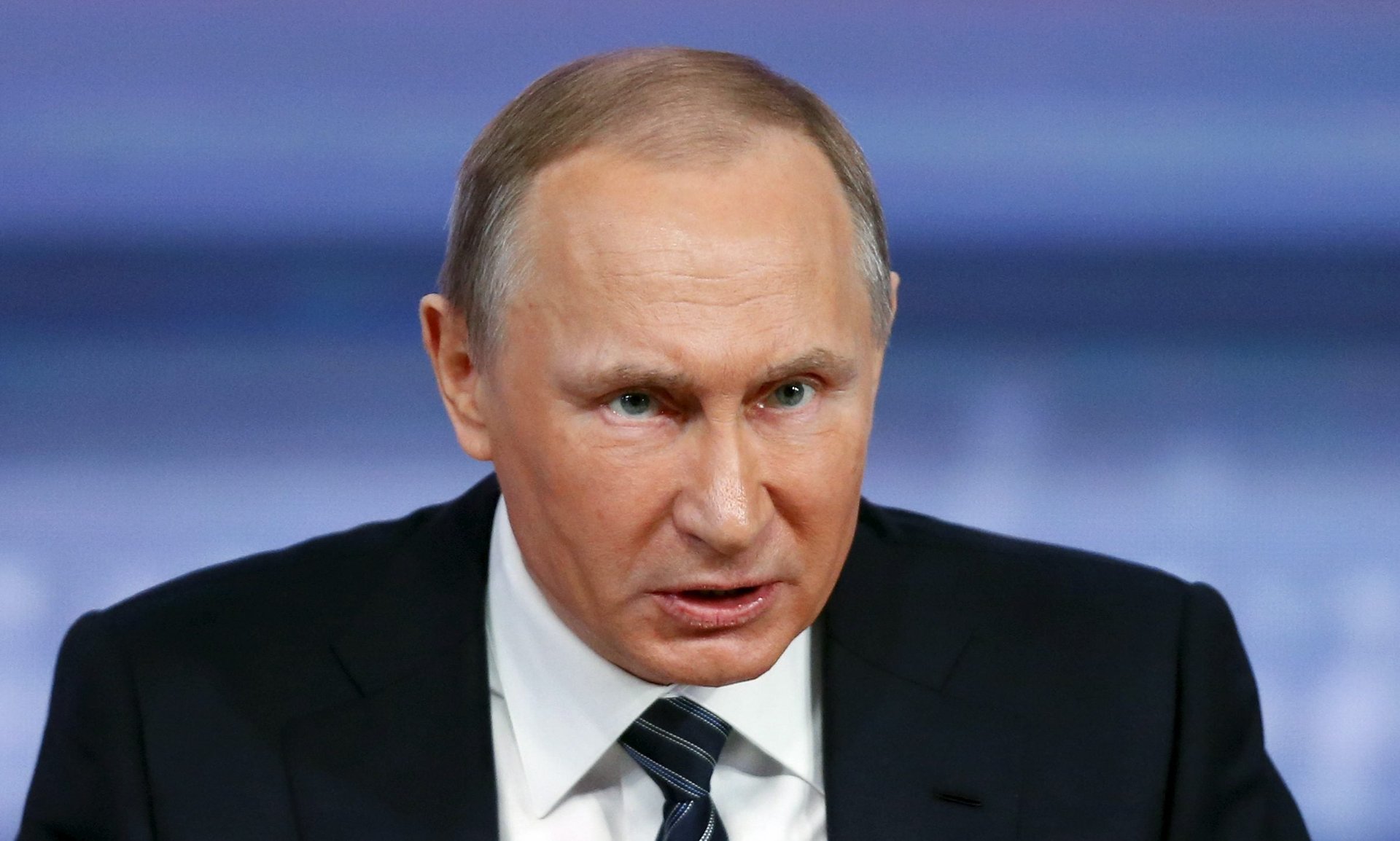Putin’s meddling in politics abroad stretches far beyond the US Democratic party
If Moscow is behind the theft and release of 20,000 emails from the Democratic Party, as experts suspect, it’s the boldest example yet of a long cash-and-hacking campaign by Russia to influence politics across the West.


If Moscow is behind the theft and release of 20,000 emails from the Democratic Party, as experts suspect, it’s the boldest example yet of a long cash-and-hacking campaign by Russia to influence politics across the West.
For roughly two years, Russia has backed right-wing, pro-Moscow political parties in France, Belgium, Hungary and other European countries, financed European anti-fracking protestors, and spied on NATO, including deliberations on anti-Russian sanctions (see this report by Pasi Eronen at the Foundation for Defense of Democracies).
These moves appear strategic: to pry apart the unity of NATO, which, along with the US, Putin views as Moscow’s primary adversary; and to confine the shale revolution to the US, and thus hold back the threat to Russia’s main source of income. Other dynamics have been at play, so it’s not clear to what degree Russia is responsible, but European support for continued sanctions against Russia have weakened, and fracking has all but come to a halt across the continent.
Experts now say hacking groups linked to Russian intelligence agencies appear to be responsible for Wikileaks’ July 22 release of private emails from the Democratic National Committee. The party’s presidential convention began in turmoil. Democratic officials are accusing Russian president Vladimir Putin of attempting to tip the US presidential election toward Republican nominee Donald Trump.
The specifics of the hacking attacks are trans-Atlantic. One of two hacking teams blamed for the Democratic National Committee attack also eavesdropped on April 2015 discussions of sanctions against Russia. The group is known as Advanced Persistent Threat 28, or APT28. About the same time as that attack, the group commandeered TV5, a French television channel. Posing as jihadist hackers, APT28 took the channel off the air, and posted ISIL-related updates on its social media accounts.
While allegations of a Putin tilt toward Trump may sound like something dreamed up by John le Carre, it wouldn’t be surprising if Putin does prefer Trump to Hillary Clinton as the next president of the United States.
Trump has done and sought multimillion-dollar deals with Russian oligarchs. In 2008, Donald Trump Jr., the nominee’s son, said, “Russians make up a pretty disproportionate cross section of a lot of our assets.” In 2013, leading up to the Miss Universe Pageant in Moscow, Trump himself cozied up to Putin.
Trump is with Putin on his one of his current issues: breaking apart NATO and getting the West to soften its support of Ukraine. At Talking Points Memo, Josh Marshall has drawn a straight line between Trump’s business interests and an ideological alignment with Putin.